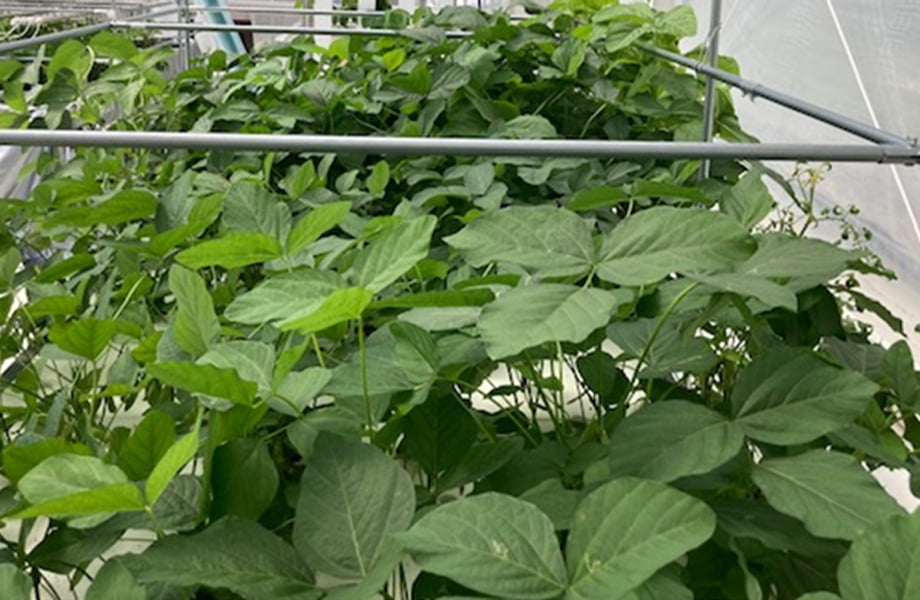Environmentally Responsible Production
Material Issue
Climate Change
Management information
Relevance to our business
An important challenge for the Fuji Oil Group is to reduce the environmental impact of our product manufacturing processes, particularly when it comes to CO2 emissions and the use of chemicals.
We also believe it is vital to assess environmental impacts at every stage in the lifecycle of our products and reduce such impacts efficiently. These stages include the cultivation of raw materials and processing of our products by customers, in addition to our own manufacturing processes.
Basic approach
Starting from our own manufacturing processes, we will work to develop processing technologies that have a low environmental impact and help us achieve our reduction targets for CO2 emissions, water usage, and waste outlined in our Environmental Vision 2030.* We also conduct assessments of all our business activities from a wider point of view, such as on the environmental conservation during the production process of raw materials and aim to reduce environmental impacts throughout the entire product lifecycle by leveraging technological innovation.
Management system
The Chief Technology Officer (CTO) oversees initiatives in this area. The Sustainability Committee,*1 an advisory body to the Board of Directors, monitors the progress and results of initiatives as a material ESG issue.*2
Goals / Results
At least 90% complete At least 60% complete Less than 60% complete
| FY2022 Goals | FY2022 Results | Self-assessment |
|---|---|---|
| Solve issues in the production plant trial of the new enzyme-based oil and fat processing technology and develop manufacturing methods for commercial production | Established a new enzyme-based processing technology which uses less chemicals than the conventional technique | |
| Creating a carbon-neutral cultivation system of soybeans by effectively using CO2 emissions in our soy protein business and selecting suitable soybean varieties for this purpose. |
|
|
| Use breeding technology to create new plant breeds for raw material that can lead to more efficient production of oils and fats, study the commercialization of oil and fat materials, and estimate their effect on reducing environmental impact |
|
Analysis
In our study toward the practical application of a new enzyme-based oil and fat processing technology, we have conducted over 20 on-site trials to successfully establish a production method.
We started working on efforts to create sustainable soyabean raw materials, but due to the time taken to put the test cultivation environment into place, including the CO2 fertilization system, we could not reach the stage of selecting soybean varieties.
In terms of the practical application of breeding technology of new raw materials for oils and fats, we conducted laboratory-level investigation of product quality. Due to the time taken to dry the seeds from cultivation tests, we could not reach the stage of testing the reduction in environmental impact.
Next step
We aim to reduce our environmental impact by cutting and utilizing CO2 emissions. Our challenge is to implement initiatives not only in our own production process but also across the entire lifecycle of our products, including the raw material stage. To address this issue, we set the following goals for FY2023.
- Put the test cultivation environment in place to produce sustainable soybeans by effectively using CO2 emissions, and collect the data required for selecting suitable soybean varieties
- Study the reduction in environmental impact achieved by the oils and fats from cultivation tests for the new oils and fats produced by new plant breeds
Specific initiatives
Research project on soybean cultivation in Japan utilizing carbon emissions from a waste incineration facility
Developing technology that helps address shortages in food resources caused by climate change and population growth is an important issue for the Fuji Oil Group. To counter the recent price increases in food and energy resources, and from the standpoint of food security, we believe that providing delicious, healthy and sustainable foods that use domestic crops is indispensable. This renewed focus on domestic production is also significant from the perspective of reducing our carbon footprint. In May 2022, we launched a joint research project with Saga City, Saga University, and ITOCHU ENEX Co., Ltd. to capture and utilize CO2 in the production of soybeans in Japan. The results of a demonstration test of CO2 fertilization at an experimental facility at Saga University confirmed the expected growth rate and quality of soybeans. We continue research and development activities aiming at suppling our plant factory with CO2 from a carbon dioxide capture and utilization (CCU) facility at a waste incineration facility in Saga City. In the future, we will use our Group’s technology to commercialize the domestic soybeans grown through this cultivation system as sustainable soy products for our customers.

CCU facility at the waste incineration facility in Saga City

Soybeans in a cultivation test using CO2 fertilization

From left: Fumiya Tanaka, Chief Operating Officer (Power & Utility Division), ITOCHU ENEX Co., Ltd.; Satoshi Watanabe, Associate Professor at the Faculty of Agriculture (Plant Breeding and Genetics), Saga University; Hidetaka Sakai, Mayor of Saga City; Fumiyuki Goto, Professor at the Faculty of Agriculture (Controlled Environment Horticulture), Saga University; Takashi Kadota, Director and Senior Executive Officer (Chief Technology Officer (CTO) and ESG Representative), Fuji Oil Holdings Inc.